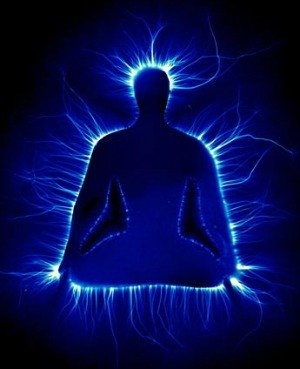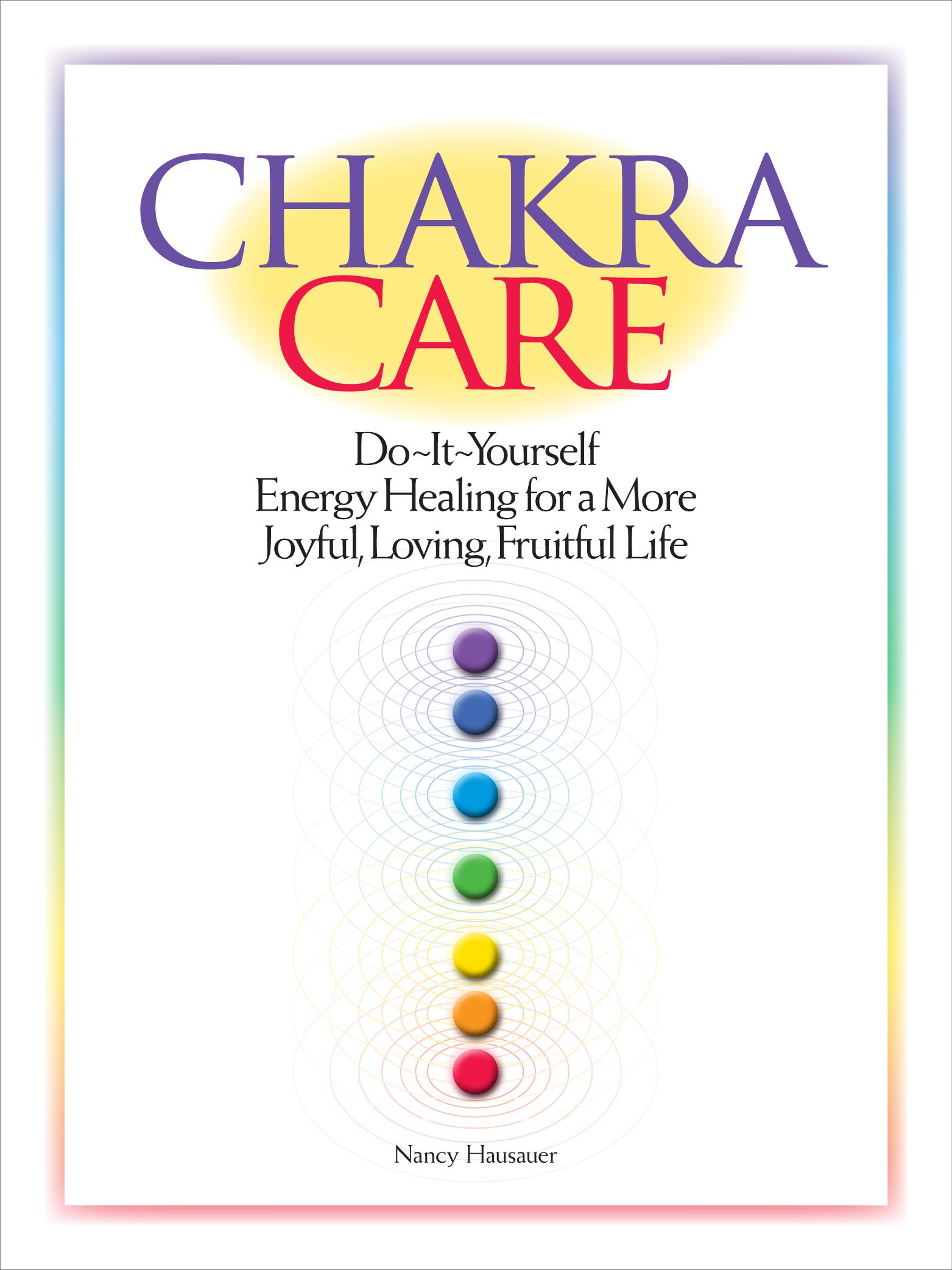Is Energy Real?
If You Can't See It Or Touch It, Does It Exist?

Many people in Western cultures have trouble accepting the concept of subtle energy--also called chi, ki, qi, prana, mana, the bio-energetic field, and many other names.
It has no measurable, tangible presence. This makes it easy for most people to ignore, and for skeptics to dismiss. But does subtle energy's non-material character necessarily mean that it doesn't exist?Of course not! Our lives are full of non-material realities.
The World View of Philosophical Materialism
Most of us in Western culture are skeptical of things that can’t be seen and touched. This stems from growing up in a culture that is still caught up in the matter-based, mechanistic world view that arose from Newtonian physics.Although Newton's great treatise was published in 1687 and science has moved generations beyond this in its interpretation of the world, we’re still steeped in the doctrine of materialism, which basically holds that nothing except matter truly exists. A culture's ability to update its world view is apparently very slow!p> Our culture’s materialist, mechanistic version of reality is in conflict with the views of most scientists today, as well as with reality as most of us experience it. It is also in conflict with how people have viewed the world for most of recorded history. It's more a dogma or an ideology than anything else.
If we stop and think about it, our own experience tells us that there is so much more to reality than what we can see and touch.
The Reality of Thoughts and Feelings
For example, I can’t imagine anyone denying that love (or any strong emotion) is real—but we can neither see nor touch nor smell nor taste nor hear love (although we can certainly experience its effects).The same with our thoughts. They can’t be directly perceived by any of our senses—yet who would deny that thoughts are real?
So our own experience directly refutes the world view of materialism.
Modern medicine, embracing the Newtonian world-view, at least until recently thought of and treated the body primarily as a machine. They simply ignored the life force (or consciousness or energy) animating our bodies, thoughts, and emotions.
But in our hearts, we know that we are more than fancy machines or complicated computers. We know—because we experience it every minute of the day—that there is more to the world, and more to us humans [and other life forms], than what we can see and touch.
And if thoughts and emotions are real, it seems reasonable that subtle energy might well be real, too--even though we can't measure it or prove it scientifically yet.
How Do We Decide If Something Is Real?
So is energy real? I guess it depends on the internal mental rules or definitions--often sub-conscious--by which we separate our experience into "real" and "not real."Depending on those rules and definitions, we admit some things into the category of what we call "real," while excluding others as fiction, lie, imagination, myth, hallucination, or mistake, and just ignoring still others because they don't fit into our model of reality.
Science and medicine have their own rules about reality, and those rules are, of course, useful. I'm not arguing against science and medicine. I'm just saying that they're not the only valid set of rules possible.
And my internal rules (shaped by my own experience) say that unseen things like emotions, thoughts, and subtle energy are real. How about you? Is energy real?
Return from Is Energy Real to Energy-What Is It?
Image by Emmanuel HEREDIA (Own work) [CC-BY-SA-3.0 (http://creativecommons.org/licenses/by-sa/3.0)], via Wikimedia Commons

Interested in learning more about energy, energy healing, and the chakras? Try my book, Chakra Care: Do-It-Yourself Energy Healing for a More Joyful, Loving, Fruitful Life. You'll learn
to clear, nurture and support your chakras with 500 fun, down-to-earth
activities. A user-friendly, practical guide, available as a paperback
or Kindle. Learn more or buy it here.